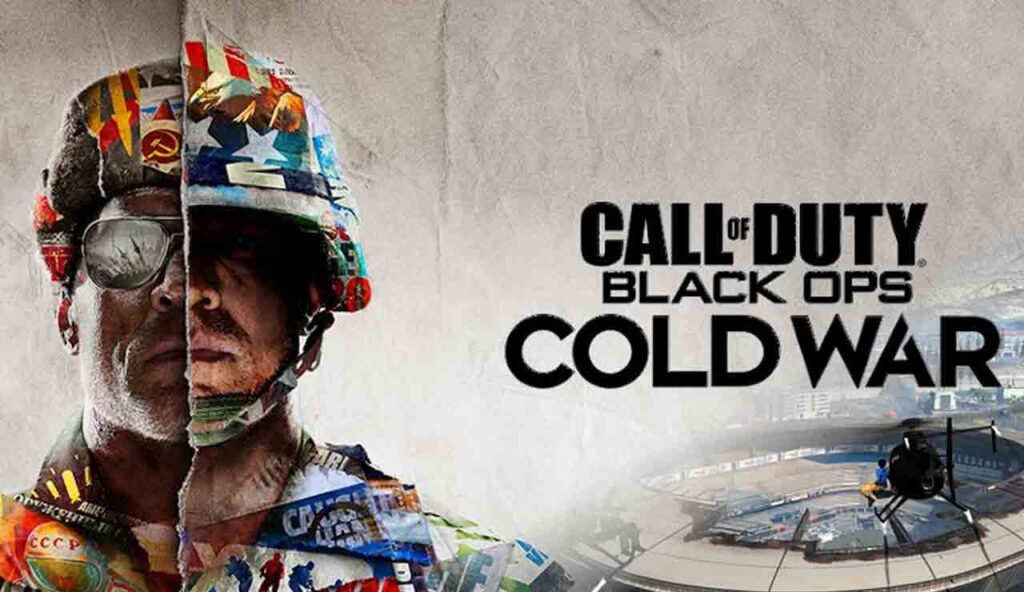
If I won by a giant margin, it feels good too, so I might as well continue playing more. If I lost a game by a tiny margin, I feel incentivized to play more, because "only if I did this one small thing differently, we would have won, let's play one more game and see". If I won a game by a tiny margin, I feel proud and exhilarated. Turns out, that's the scenario that optimizes for engagement the most (at least from personal observations across a ton of different video games and real-life competitive sports I participated in). A "perfect" SBMM system would always put you in matches where you are either slightly better or slightly worse than the other team. While an occasional slam-dunk game is fun (or maybe even most slam-dunk games are fun, i don't know), I cannot find anyone who would have an increased desire to play the game after they get absolutely annihilated by a vastly superior team that they cannot do absolutely anything against.Īnd that's a sign of a bad SBMM system. The issue was that a lot of matches end up being disproportionally one-sided one way or the other.Īnd that's not fun at all.


But that's not what people have been complaining about with regards to the new CoD game. If the ups and downs were fairly close, then I could see that. >I wonder if players are more likely to continue playing if they have ups and downs.


 0 kommentar(er)
0 kommentar(er)
